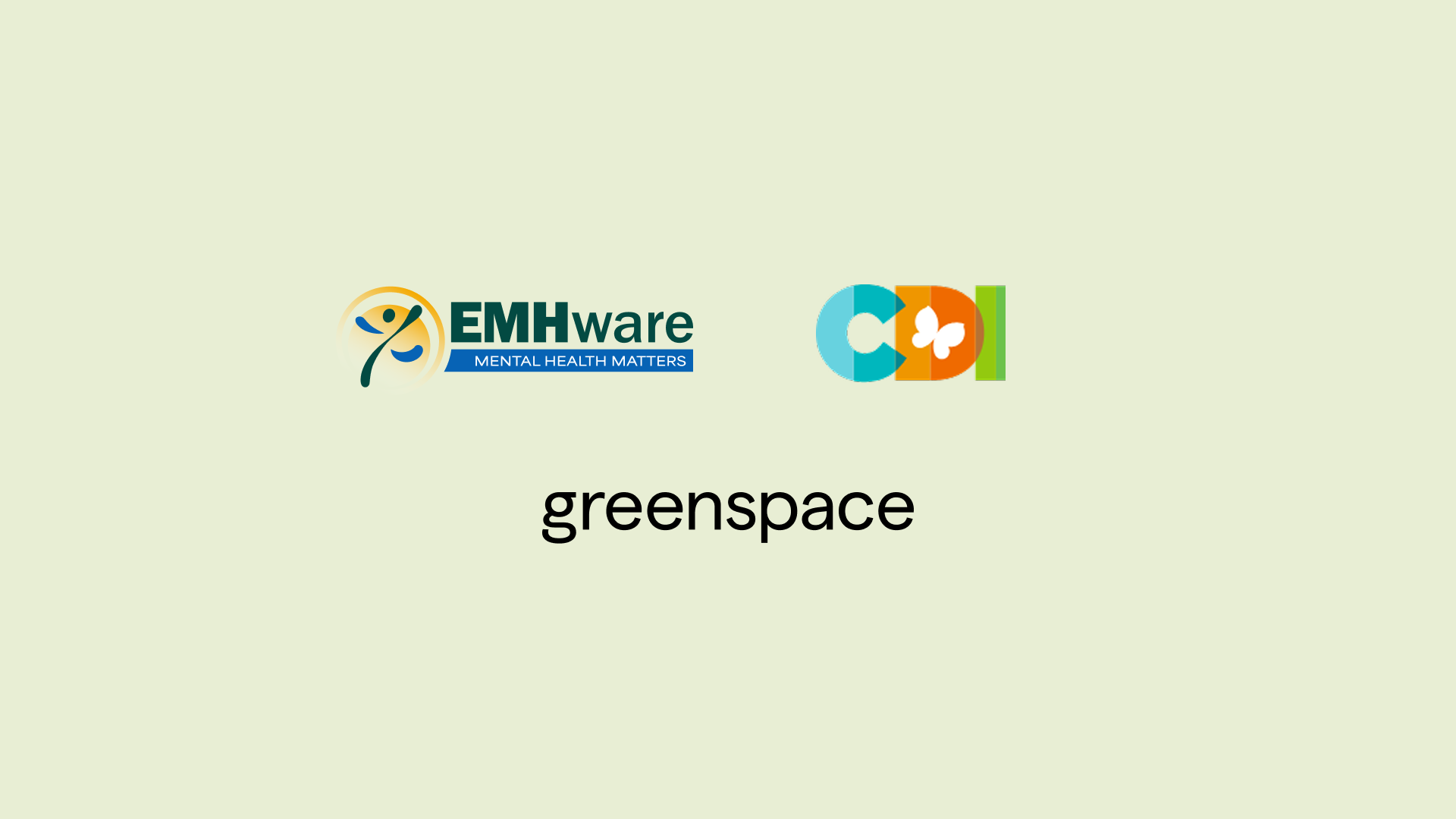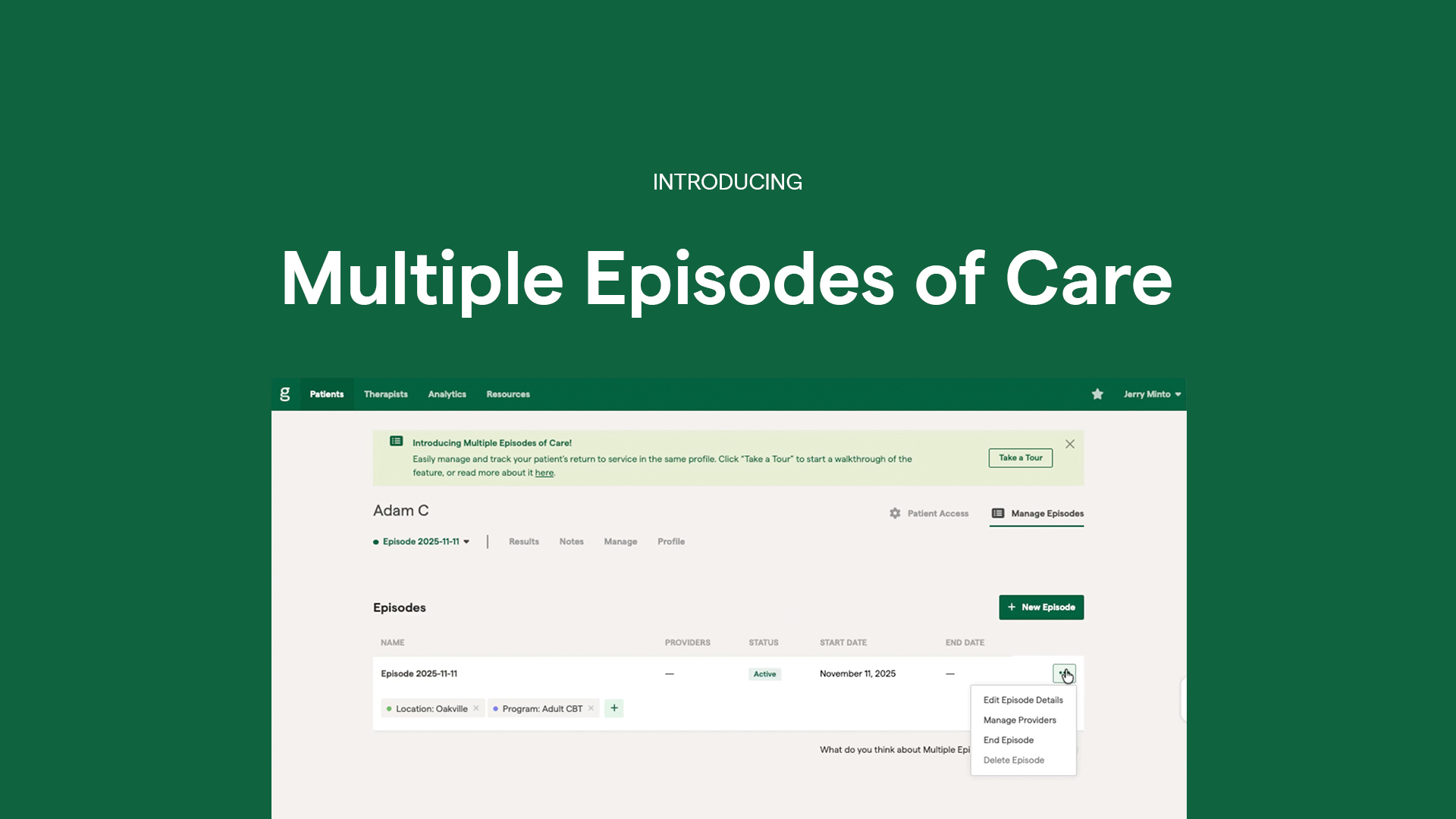
In our recent educational session, we covered some of the key health system-level questions surrounding Measurement-Based Care. Our special guest, Dr. David Clark—world-renowned applied psychologist and leading global expert on Measurement-Based Care (MBC)—was the perfect expert to accompany us on a deep dive on this topic. Alongside Economist Richard Layard, Dr. Clark not only built the standard for applying MBC across full health systems, he also led the development of the NHS Talking Therapies (formerly IAPT) program, which revolutionized mental health care delivery and outcomes for individuals across the UK. In his current role of Clinical and Informatics Advisor for NHS Talking Therapies, he is also deeply involved with the continuous data-informed innovation and improvements implemented across the UK’s behavioral services.
Continue reading to learn from the insightful answers and guidance provided by Dr. Clark during our session.
How do additional and more precise measures impact treatment outcomes?
Dr. David Clark shares that better outcomes are achieved when a providers approach and decisions are guided by more specific measures, chosen according to the unique challenges of individual clients, alongside any regular battery of general anxiety and depression measures (i.e. PHQ-9, GAD-7) that are assigned to all individuals accessing care. Consider, for example, someone who is accessing services for their anxiety and reports that it greatly impacts their social life. Their provider would assign them with a GAD-7 assessment, as well as a social anxiety specific measure (like the The Social Phobia Inventory or SPIN) to understand the details of their anxiety and how it’s impacting their social functioning. Through NHS Talking Therapies data, evidence shows that adding measures specific to a clients experience and needs leads to an increase in the number of sessions completed within a clients’ treatment plan and higher recovery rates among these individuals. Even when they control for number of sessions, each hour of therapy is shown to be more effective at improving outcomes when additional measures are leveraged based on client needs and challenges.
Takeway: Systems and clinics can best understand service effectiveness, enhance therapeutic alliance, and increase clinical outcomes by encouraging clinicians to assign additional measures based on a client’s needs and challenges.
How does Measurement-Based Care promote continued learning and service quality improvement?
Dr. Clark shares how, despite building an initial system that trains clinicians to deliver effective evidence-based treatment, they still didn’t see the clinical outcomes they had hoped for when they launched the program. It was the outcome data that they collected over time that helped them identify areas for improvement and groups of non responders. By diving into the data, they have been able to continually generate learnings and hypotheses to inform changes to programming and treatment delivery, which has empowered them to iteratively improve clinical outcomes, raising average recovery rates from 38% in 2008 to 52% in 2018.
Takeaway: Outcome data is a foundational component of evidence-based behavioral health services delivery. It empowers clinicians and clinical leaders to identify areas in need of improvement and specific groups or demographics that are not responding to care and work to iterate services to improve care quality. As well, it ensures that they can adequately evaluate and understand the clinical impact of any new interventions or service innovation.
What are the economic benefits of effective, evidence-based care?
Dr. Clark shares a few key statistics behind the cost of managing long term physical health problems and gaining/maintaining employment for individuals who also suffer from anxiety and depression. In order to explore the impact of effective and evidence-based mental health treatment, they linked NHS Talking Therapies data with public health data. In doing so, they were able to demonstrate that those accessing NHS services have a significant reduction in outpatient and inpatient hospital admission for physical health issues, are much more likely to find gainful employment, and much more likely to remain employed—all of which leads to a very positive ROI where mental health treatment costs are dwarfed by the cost savings impacted by improved mental health.
Takeaway: Due to the impact of evidence-based mental health treatment on physical health and employment security, there are significant cost of care reductions and positive economic impacts associated with treating the anxiety and depression of those suffering from any type of chronic or long term illness.
How can Measurement-Based Care support funding and advocacy efforts?
Fundamental to any investment into healthcare innovation is the ability to show the impact of the change on care quality and costs. Dr. Clark notes that, since 2008, every government administration has increased the funding of the NHS program. This is because their outcome data allows them to easily understand and share the undeniable impact of NHS Talking Therapies on improved clinical outcomes and lowered behavioral and physical healthcare costs.
Takeaway: Without data, it is impossible to objectively understand and outline the impact of new approaches to service delivery, which makes it difficult to advocate for funding. When you leverage Measurement-Based Care to collect objective outcome data, you can demonstrate the impact of new initiatives and service changes on care effectiveness and costs. With that evidence, you can persuade government, funders and insurers to invest in new initiatives which drastically enhance care quality and outcomes.
To learn more about the benefits of Measurement-Based Care and its impact on outcomes and cost-savings across health systems, visit greenspacehealth.com or book a call with one of our implementation experts today.












